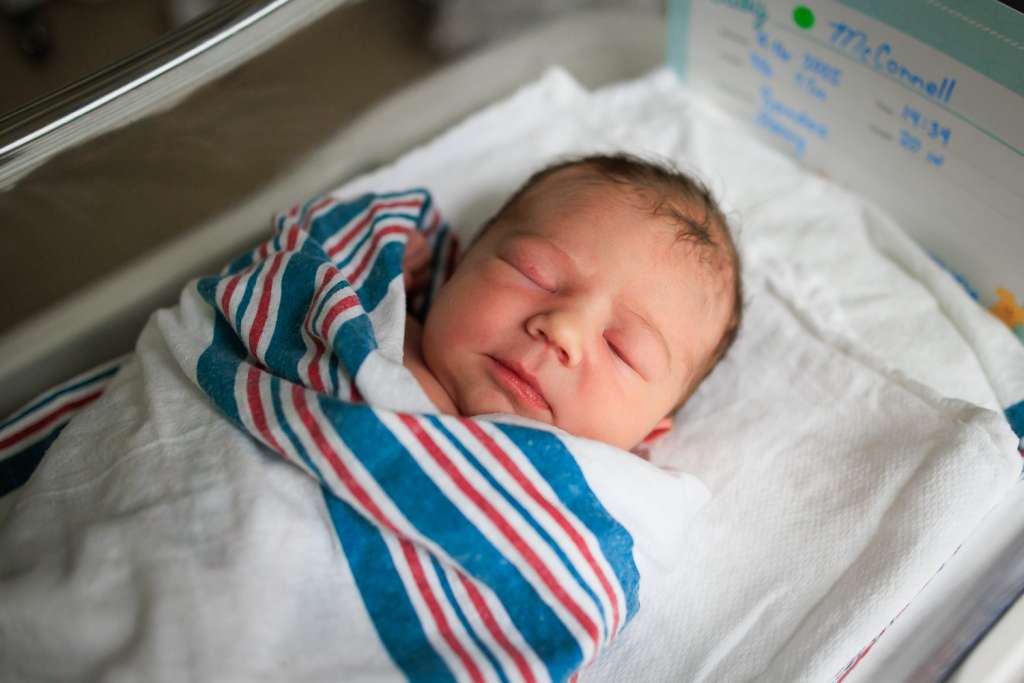Regulations:
Royal Decree-Law 9/2025 completes the transposition of Directive (EU) 2019/1158 on the reconciliation of family and professional life by introducing novelties, among others, in the Workers’ Statute and the General Social Security Law.
Modifications:
Both regulations have been subject to successive reforms. According to the current wording of art. 48 of the ET, the suspension of the work contract for the birth and care of a child is nineteen weeks for each parent. In the case of single-parent families, the duration is extended to thirty-two weeks. In addition, two weeks (or four weeks in the case of single-parent families) may be distributed, at the employee’s discretion, in weekly periods, either accumulated or interrupted, until the child reaches the age of eight.
This measure is retroactive for births occurring on or after August 2, 2024.
Article 181 of the General Social Security Law establishes the requirements for access to the childbirth and childcare allowance, applying the same conditions of duration and extension as the Workers’ Statute. This regulation has also been amended by Royal Decree-Law 9/2025 to complete the transposition of the European Directive and guarantee equal treatment and opportunities.
For public employees, the Basic Statute of the Public Employee (Royal Legislative Decree 5/2025, October 30) recognizes an unpaid parental leave of up to eight weeks to care for children or foster children for a period of more than one year, until the child reaches the age of eight.
This leave is individual, non-transferable and may be taken continuously or discontinuously, on a full or part-time basis, depending on the needs of the service.
In special situations, such as the disability of the child, or in cases of birth, adoption, guardianship or multiple foster care, the suspension of the contract is extended by two additional weeks, one for each parent. In the case of a single-parent family, the single parent can take advantage of all the extensions provided for two-parent families.
Precedent:
Recent case law has played a key role in the interpretation and application of the regulations on the extension of child care benefit weeks, especially with regard to single-parent families.
The Constitutional Court, in its ruling STC 140/2024 of November 6, 2024, declared unconstitutional Articles 48.4 of the Workers’ Statute and 177 of the General Social Security Law insofar as they did not allow single-parent families to take the full amount of leave that would correspond to two parents.
The Court considered that this limitation entailed discrimination on the basis of birth and violated the right to equality and to the protection of the family and children. As a result, it established a provisional interpretation in accordance with the Constitution, allowing the single parent to enjoy the sum of the leave provided for both parents.
This doctrine was reiterated in STC 6/2025 of January 13, 2025, which directly applied the constitutional interpretation to a specific case, and in STC 149/2024 of December 2, 2024, which stressed the importance of the non-transferability of leave and the need to avoid the perpetuation of gender roles, without this entailing a reduction in rights for single-parent families. At the level of the High Courts of Justice, the Judgment of the TSJ of Catalonia, social chamber no. 1481/2023 of March 3, 2023 expressly recognized the right of single-parent families to enjoy thirty-two weeks of suspension of the contract and, therefore, of the benefit, thus equating their situation to that of two-parent families and avoiding discriminatory treatment.
On the contrary, the Decision of the SCJ of the Community of Madrid, social chamber no. 99/2023 of February 3, 2023 denied the extension of the benefit in a case of a single-parent family, arguing that the legislation in force did not contemplate such a possibility except in expressly specified cases. However, this interpretation has been superseded by the most recent constitutional doctrine. 2
Duration and Extensions:
The standard duration of the suspension of the employment contract for childbirth and childcare is nineteen weeks for each parent.
In the case of single-parent families, the duration is extended to thirty-two weeks, allowing the single parent to enjoy the sum of the leave provided for both parents. This extension responds to the need to avoid discrimination on the basis of birth and to guarantee that children in single-parent families receive the same amount of attention and care as children in two-parent families, in accordance with the doctrine of the Constitutional Court (STC 140/2024, of November 6, 2024; STC 6/2025, of January 13, 2025).
In addition, there are specific extensions in cases of disability of the son or daughter, or in situations of birth, adoption, guardianship or multiple foster care. In these cases, the suspension of the contract is increased by two additional weeks, one for each parent. In single-parent families, the single parent can enjoy the totality of the extensions provided for two-parent families, in accordance with the constitutional interpretation.
The regulations also provide for the possibility that two weeks (or four weeks in the case of single parenthood) may be distributed, at the discretion of the worker, in weekly periods, either cumulatively or interrupted, until the child reaches the age of eight.
This flexibility facilitates the reconciliation of family and professional life and makes it possible to adapt the leave to the needs of each family.
Requirements:
To access the childbirth and child care benefit, the worker must be included in the General Social Security Regime and meet the registration and contribution requirements established in the General Social Security Law (Royal Legislative Decree 8/2015, October 30).
In the case of public employees, parental leave of up to eight weeks is unpaid and may be taken continuously or discontinuously, on a full-time or part-time basis, depending on the needs of the service (Royal Legislative Decree 5/2015 of October 30).
In special situations, such as the care of children affected by cancer or another serious illness, the financial benefit may be extended until the child reaches the age of 23, or until the child reaches the age of 26 if he or she proves a disability equal to or greater than 65%.
To access this benefit, it is necessary to prove the need for direct, continuous and permanent care by means of a statement from the Public Health Service physician or competent administrative health body (Royal Decree 1148/2011, of July 29; Law 22/2021, of December 28; Royal Decree-Law 2/2023, of March 16).
Summary:
- Six uninterrupted weeks immediately following childbirth are mandatory and must be taken on a full-time basis.
- Eleven weeks, twenty-two in the case of single parenthood, may be distributed at the employee’s discretion in weekly periods to be taken cumulatively or interrupted and exercised from the end of the mandatory suspension after childbirth until the child reaches twelve months of age. The biological mother will be able to anticipate its exercise up to four weeks before the foreseeable date of childbirth.
- Two weeks, four in the case of single parenthood, for the care of the child may be distributed at the employee’s discretion in cumulative or interrupted weekly periods until the child reaches the age of eight.
- The eleven weeks and the two weeks mentioned above may be taken on a full-time or part-time basis, subject to agreement between the company and the employee, and in accordance with the regulations.
Effective date: July 31, 2025.
Specifications:
In the case of births on or after August 2, 2024, and their enjoyment of the 2 additional weeks, they can be enjoyed as of January 1, 2026.
Sheila Quiroz Sifuentes
Attorney at Law, expert in Labor Law
Martínez & Caballero Abogados







